Benoîte Rousseau de Sevelinges: “We have an outstanding health system in Monaco, but we can do better”
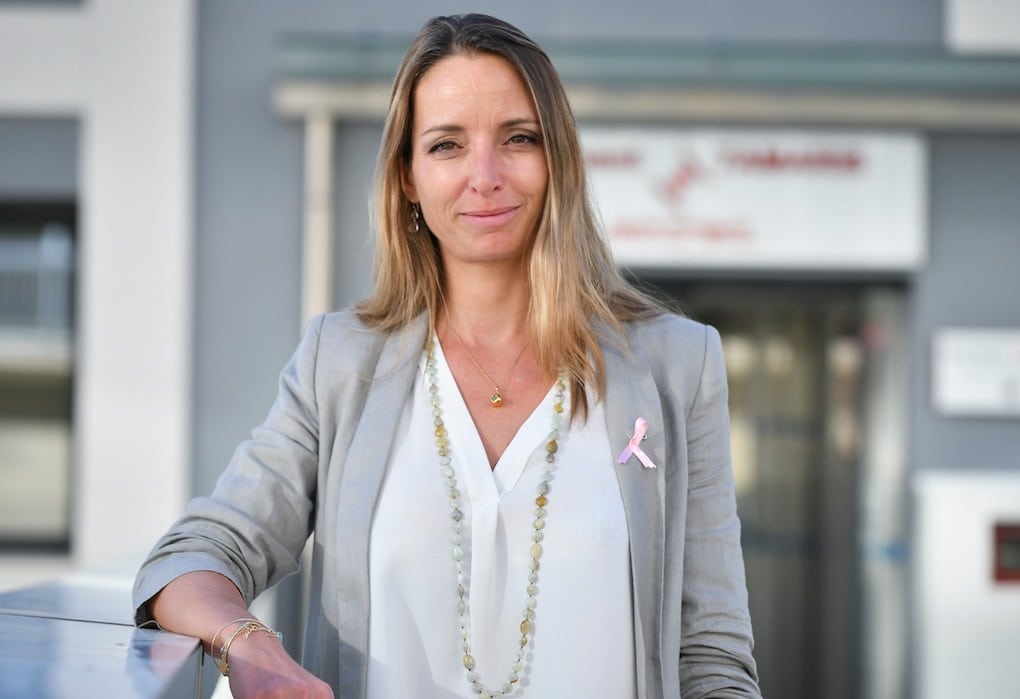
Benoîte Rousseau de Sevelinges has been the director of the Princess Grace Hospital for five years, managing the 2,700-strong hospital staff and facing major challenges such as the new hospital.
“I didn’t get here by accident.” In her office at the Princess Grace Hospital, Benoîte Rousseau de Sevelinges, 41, smiles as she recalls the impressive career path that led her to take over as head of the hospital in 2018.
“After school in Monaco, I studied Law, then Sciences Po (Political Sciences) in Bordeaux. Contrary to popular belief, you don’t have to be a doctor to be a hospital director. The ‘royal road’ is Sciences Po,” she explains.
And while she did not immediately think of working in the medical sector, the hospital world was never far away: “there were three generations of nurses before me. That has an impact and takes away any apprehension about the hospital environment. The hospital is a world I’m familiar with.”
Encouraged by Denis Ravera, Monaco’s Minister of Health and Social Affairs at the time, she continued her studies at the Ecole des Hautes Etudes en Santé Publique (Advanced Public Health Studies) in Rennes and at the Pitié Salpêtrière Hospital in Paris, before returning to Monaco in 2009 to take up the post of Director of Material Resources at the CHPG.
Responsibilities came thick and fast: opening of the Qietüdine residence, restructuring of block C of the Tamaris building, management of the Rainier III Centre and of the DSIO (Information Systems and Organisation Department) during the hacking episode in 2016… Benoîte Rousseau de Sevelinges worked on several large-scale projects before becoming the right-hand (wo)man of the former Director of the CHPG, Patrick Bini, who trained her for the position.
“It was a gradual thing, it wasn’t my ambition up front,” she says. “It is a huge responsibility: you are responsible for the actions of the 2,700 people who work in the hospital every day.” No doubt about it: the CHPG has a very special role as the only hospital in the Principality and, in the words of its Director, looks after a ‘clientele’ that is as diverse as it is discerning. I did have two big assets,” she says. “I knew my team very well – trust helps – plus I was fully aware of all the issues to be dealt with. This makes decision-making easier.”
The new hospital: a flagship
Among those issues, the biggest challenge of her career: the new hospital. Although the medical project was finalised in 2010, final completion is not expected until 2032, with a first phase in 2026. “22 long years will have gone by meantime,” says Benoîte Rousseau de Sevelinges. “Work began in 2015 and so far, staff, residents and patients have had nothing but inconvenience in return. (…) The new hospital is a constant challenge. Both technically, because in a project of this magnitude, there are setbacks and we have to deal with them; organisationally, because we will have to update our procedures and reconsider our organisations; and on the human side, because we have to keep the personnel motivated throughout, find the right people to speak to, capitalise on the expertise and experience of the older staff and build on the vision of the younger ones, who will be working there.”
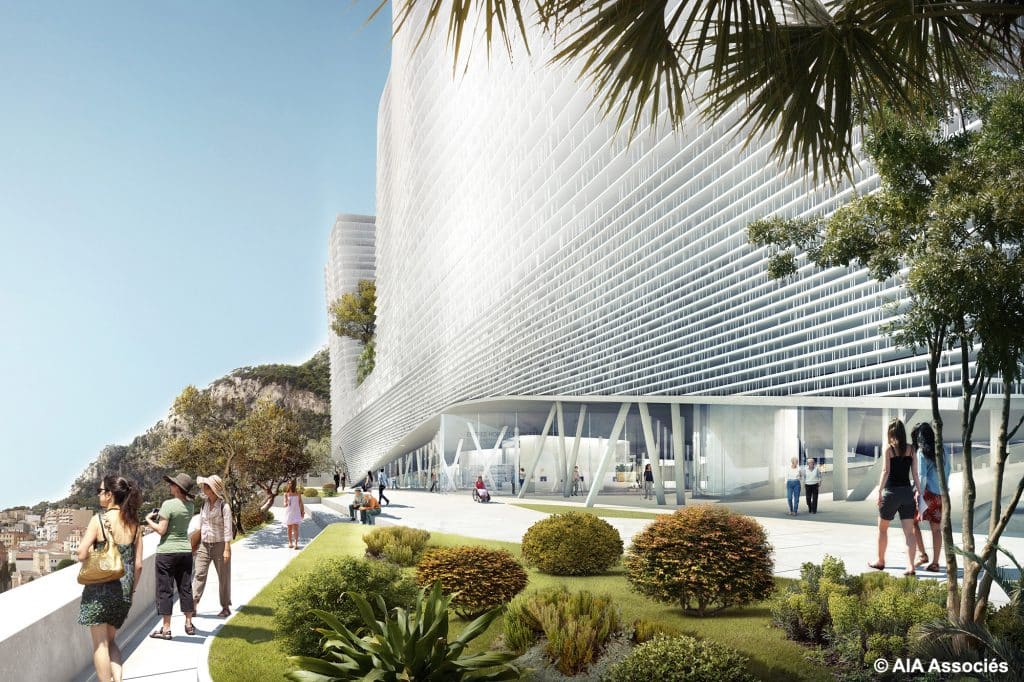
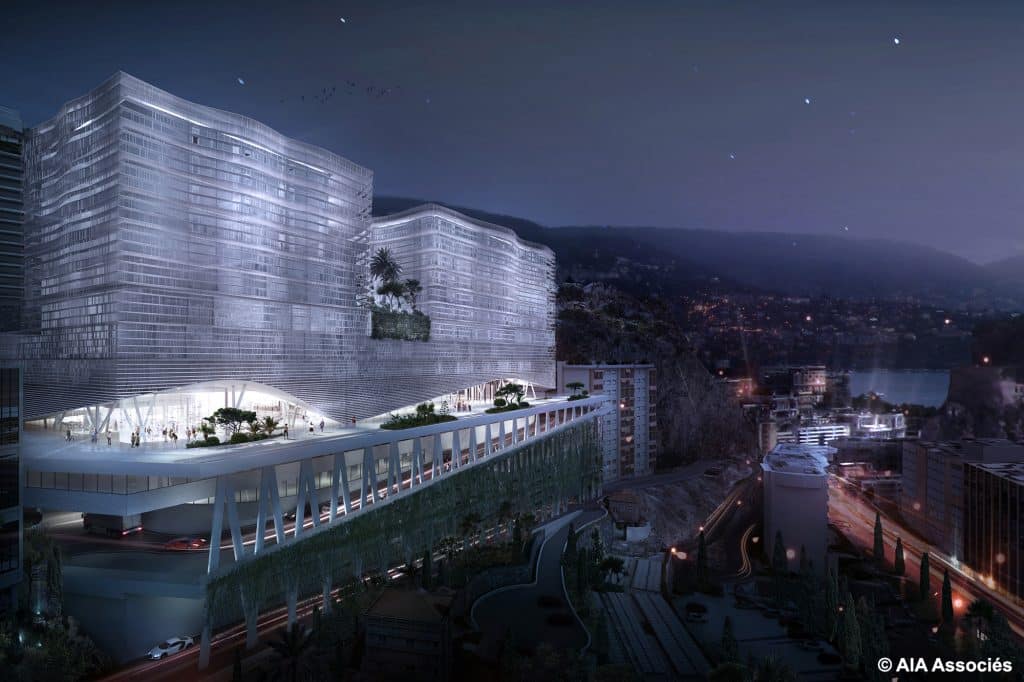
The CHPG is undergoing a vast transformation that is due to complete in 2032, with the objective of expanding and modernising the establishment to increase capacity and to keep in constant step with medical advances- © AIA Associés
Another parameter to be taken into account by the Director and her staff is the evolving medical care and health needs. “We need to revisit the programme, because Covid happened between 2010 and 2023, but that’s not all! We have also seen the emergence of surgical robots, hybrid rooms, shorter lengths of stay etc. (…) It’s almost like a crystal ball situation: they say that a hospital’s lifetime is 50 to 80 years. What will medicine be like by then? What will patients expect? I’ve been on the project for 13 years, I know the history of the decisions that have already been taken, but there are still many to make.”
And among past decisions, in preparation for the new hospital: the new emergency department inaugurated in April by Prince Albert II, the Minister for Health and Social Affairs Christophe Robino, the Vice-President of the Board of Directors Caroline Rougaignon Vernin and the AS Monaco President Monaco Dmitry Rybolovlev, who funded the project in its entirety. “Mr. Rybolovlev trained as an emergency doctor. He wanted to make a donation to the CHPG. We had discussed his preferences and I suggested this project to him.”
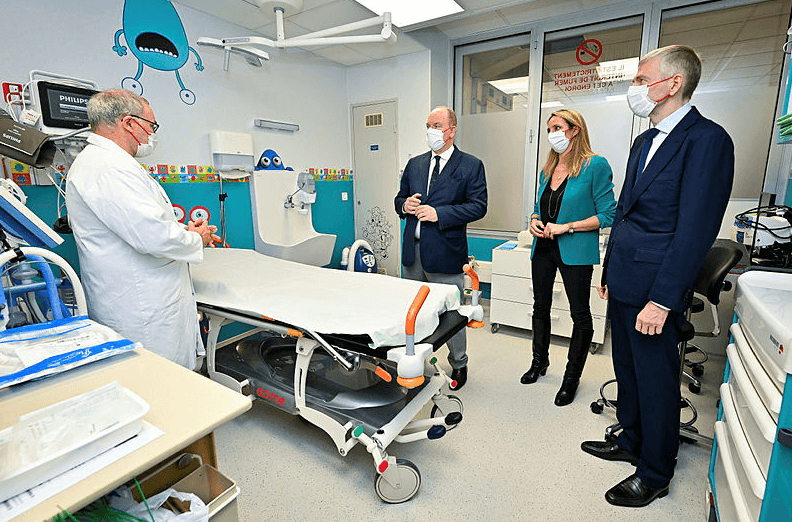
“This is typically what I hope will happen for all our organisations. Our main asset is people: we are merging two teams that could sometimes feel a little disconnected. Now they will be together. This is very important when you are an emergency doctor, and you see a child or an adult arriving with a serious medical condition. Thinking and providing care in pairs is obviously reassuring and fosters a more comfortable working environment. It also means that by pooling needs, we can take admissions 24/7. Previously, we had a bell for people to ring if they arrived during the night. Today, we have a member of staff, which is more reassuring for patients,” explains the Director.
I hope that the new hospital will be efficient in terms of organisation, but above all that it will be welcoming for both patients and staff
Another benefit is more clarity for patients. “Parents who would come in with their child wouldn’t know whether to take them to the paediatric or adult side. It doesn’t seem like much, but those ten minutes would cause anxiety for the parents, make them feel very uncomfortable about the care, and if Mum and Dad are anxious, the child will be anxious too. Which obviously complicated the caregiver/patient relationship afterwards. (…) Also, in both departments, physical constraints meant confidentiality for admissions was impossible, which could be problematic if there was a delicate matter. Plus, the waiting areas were too small, so by the time the patient saw the carer, the premises themselves had added to his/her stress and anxiety,” she added.
After this reorganisation, the new hospital will also be redesigned in another ‘hot spot’: the operating theatre, which will be centralised. “This will require an adjustment period,” says the Director. “Today, the two Accident & Emergency departments have merged, and the result will be a more efficient organisation, which is no small feat. A & E is the hospital’s front door, its ‘shop front’. 16% to 20% of patients who come to A&E are admitted. The hospital is sometimes the only point of contact for visitors, including business people, who might be thinking about settling in Monaco. What image of the country will our A&E give them? This is important. (…) I firmly believe that we will never make money in the health sector, but we shouldn’t waste it either: we should use it wisely. So, I hope that the new hospital will be efficient in terms of organisation, but above all that it will be welcoming for both patients and staff.”
Effective management of the Covid crisis
Organisation is a key element for Benoîte Rousseau de Sevelinges and her staff. This is the guiding principle that the Director of the CHPG drew on during the Covid-19 crisis, whose management is her proudest achievement to date. “I think we can say, collectively, that we handled it well. We have the resources, certainly, but the key was internal coordination and cooperation. Each of my decisions was taken along with the medical community. Every week, we had one or two situation monitoring group meetings and we reorganised the establishment over fifty times. Each week, we would adapt to the specific health situation (…) And the results speak for themselves: we have greater volume of activity than elsewhere, we have treated more patients than elsewhere, and not just for Covid. We managed not to interrupt cancer treatments, which cannot be said everywhere else. (…) We are coming out from it with a stronger and better organised hospital than before the crisis (…) .”
The Director of the CHPG hopes to see further improvements and modernisation to the Monegasque health system, particularly with stronger links between the hospital and general medicine. “There is a lot of skill in Monaco. But today, we need to rethink how the different structures work together. I am thinking in particular of winter illnesses. We have an outstanding health system, and we are extremely lucky, but we should be able to do better,” she says.
Future links with schools
Benoîte Rousseau de Sevelinges has several ideas for the hospital. While some projects are under wraps for the time being, one is on the way to becoming a reality, starting in the new school year. “We are in discussion with the National Education administration and Isabelle Bonnal so that we can go into schools and raise awareness on subjects that we feel are important. Giving blood, for example. Few people are aware that giving blood is essential for several treatments, including chemotherapy. Or suspected strokes: when should you call for help? What are the signs that something serious is happening?” she lists.
I would like to be able to tell myself that there is not one girl over 20 in Monaco who has not been screened
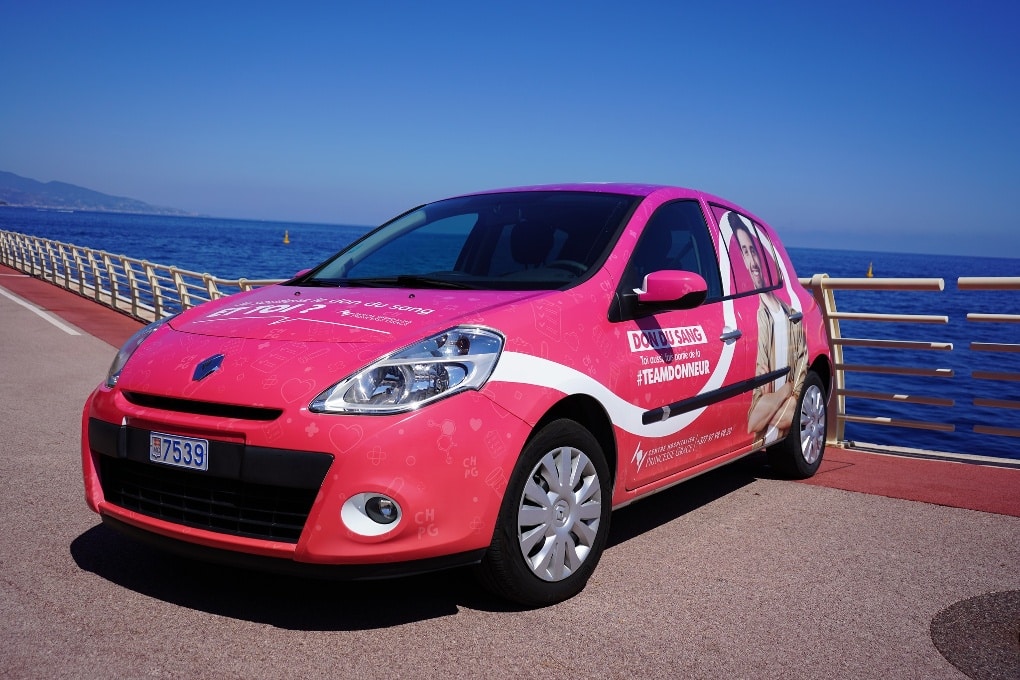
The Director hopes to reach young girls in particular: “women are not as well cared for as men. Doctors have been trained on male symptoms, and there is a social and financial gender gap. Women are less likely to see the doctor and have fewer follow-up examinations. We started to address this issue in 2020 with the creation of the Pelvic Centre. Now we would like to reach out to young girls and talk to them about breast cancer, endometriosis… I would like to be able to tell myself that there is not one girl over 20 in Monaco who has not been screened. The aim is to ensure that modesty or shame isn’t holding these girls back from accessing healthcare.”
At the same time, the outreach could perhaps inspire a calling in some pupils. Benoîte Rousseau de Sevelinges points out that the CHPG accepts students on internships as early as middle school, to help them discover the – many – healthcare professions. “We know about doctors, we know about nurses, but not so much about medical secretaries. And there are jobs that people are not aware of at all: medical physicists, neuropsychologists, clinical research associates… There is a whole raft of professions to discover, which require specific qualities, but which all focus on the collective interest. These are the jobs of the future, with a high-quality working environment and real job satisfaction. This is our calling: to share our passion for health,” concludes the Director, who invites all interested parties to contact the hospital directly with a view to perhaps one day joining this big family with a shared goal: always striving for the patient’s well-being.









